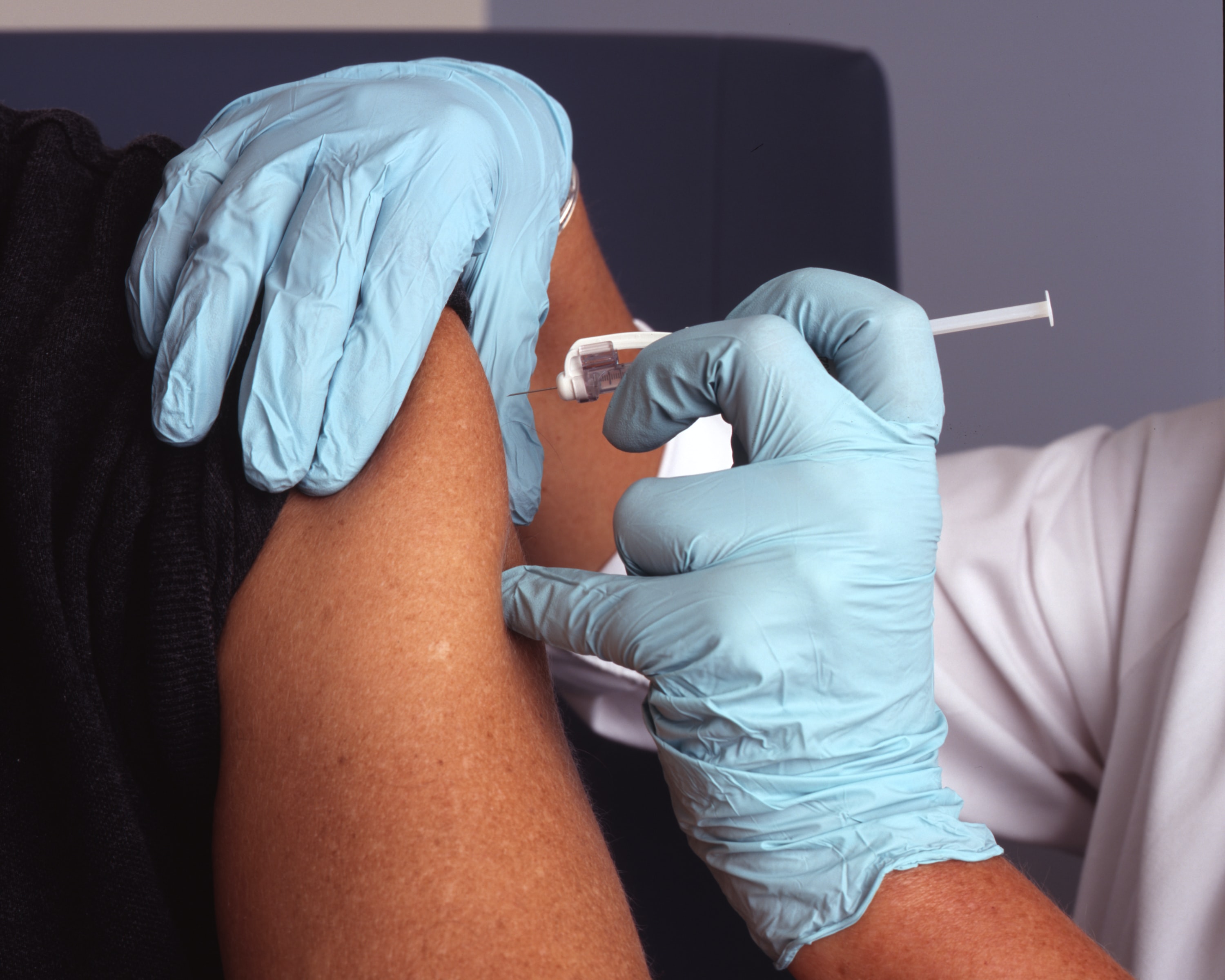An urgent call for improvement: sluggish vaccination rollout and poor pandemic preparedness in disability sector
UNSW Canberra Professor Helen Dickinson has called for the government to improve the COVID-19 vaccination rollout for people with disability.

